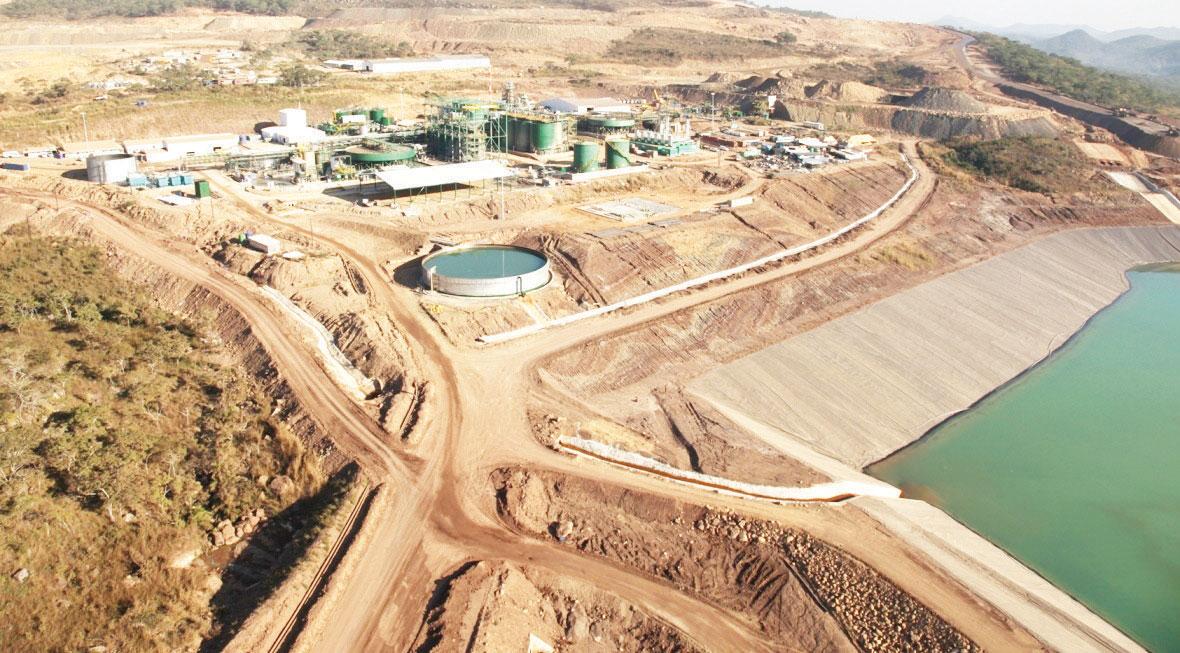Africa-Press – Malawi. Mining expert, Grain Malunga, has recommended increased financing, vacancy filling, and quick establishment of state-owned companies in the mining sector to propel growth.
He also proposes the government to put up fiscal incentives to attract investment into the sector, which is seen as the next big thing for the Malawi economy. This is contained in a report Malunga published titled ‘The Role of Mining in Adding Value to Malawi 2063 Vision.’
In the report, Malunga argues that the mining sector constitutes the main primary industry that can create wealth for the country in line with aspirations embedded in the Malawi 2063 (MW2063), the country’s long-term development blueprint.
“Most minerals for import substitution will require state intervention while those that promote export initiatives may require public private partnership.
“The mineral sector can contribute raw materials such as phosphate rock, magnesian limestone, gypsum and pyrite. These have the potential to supply plant nutrients such as P2O5, Ca and Mg, and S, respectively used to make fertilisers,” he says.
According to Malunga, in order to satisfy the persisting energy demand, the needs to look at coal in the medium term and uranium in the long term as energy sources.
He said the mineral sector also has potential to supply raw materials such as quarry stone, cement from calcitic limestone and iron ore, which are essential for the construction industry.
He adds that while the Malawi 2063 realises that mining value addition will increase returns through beneficiation and job creation, minerals such as uranium, niobium, graphite, rutile and rare earths can generate foreign exchange but they require high capital, fiscal incentives and local value addition to realise maximum benefits.
One of the visions in the MW2063 is to have a vibrant knowledge-based economy with a strong and competitive manufacturing industry that is driven by a productive and commercially vibrant agriculture and mining sector.
“Mining shall be a key component of industrialization and we will enhance and support the local production and export of final products, thus moving away from exporting raw products,” the Mw2063 reads.
The long-term development plan further notes that the mining sector currently contributes about one percent to national income, and it is characterised by very little value addition largely due to persisting challenges facing the industrialisation drive in general. In addition, there is rampant illegal mining with export of raw minerals.
In a recent interview, Minister of Mining Albert Mbawala said plans to establish a mining company are at an advanced stage which will bring sanity in the industry and maximise benefits from the same.
“Once we set up the Malawi Mining Company all these issues will be dealt with, it will deal with persisting illegal mining issues and start adding value to precious minerals that the country has and therefore maximise earnings from the crop,” Mbawala said.
For More News And Analysis About Malawi Follow Africa-Press






